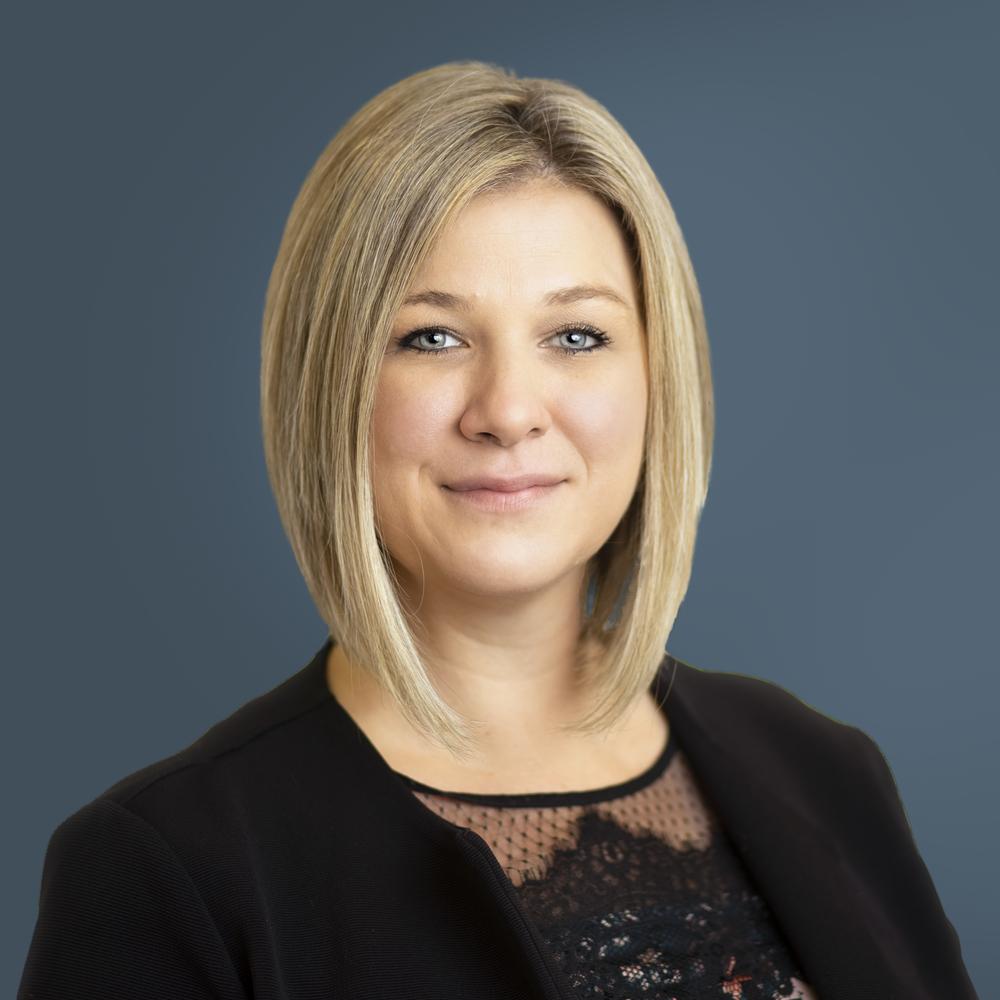One of the issues that comes up frequently when planning for retirement is whether you should pay off your mortgage before you retire. Of course, the short answer is that it depends. Many factors must be considered, including your cash flow and liquidity needs in retirement, how your assets are allocated, your tax situation, and your general attitude about debt. While there are several advantages to paying off your mortgage, there may be situations where keeping it can provide more benefits. Here’s a look at both sides:
When Paying Off Your Mortgage Early Might Make Sense
You don’t like debt. Some people have an aversion to debt, which is as good a reason as any to pay it off. Past generations, especially those who grew up in the Great Depression, avoided debt as a matter of principle, viewing it as a direct threat to their financial security. That’s motivation enough for some people who want to retire debt-free.
You need more cash flow. Using cash flow to pay a mortgage means less is available for other lifestyle needs. Paying off your mortgage makes sense if you are concerned about having enough cash flow to meet your monthly needs, especially later in life. It could also help you avoid liquidating assets to cover your expenses.
You want to reduce your interest expense. Paying off your mortgage early could result in saving a significant amount of money in interest expense, with the savings applied to your retirement income.
You like having more home equity. Owning your home outright gives you full access to its equity, which you can tap into for emergencies, home improvements, or other financial goals.
You want less stress in your life. The financial security of being mortgage-free can alleviate stress and anxiety about finances in retirement.
You want more flexibility. Without a mortgage payment hanging over your head, you have more freedom to travel, pursue hobbies, or relocate in retirement.
When Paying Off Your Mortgage Early Might Not Make Sense
You would rather invest your money. Maintaining a low-interest mortgage allows you to free up assets that can be invested for higher returns. A properly diversified growth portfolio can generate returns greater than your mortgage rate. If you prioritize mortgage payoff, you might miss out on potentially higher returns.
You still need the mortgage deduction. With the higher standard deduction in the new tax law, an increasing number of people may not realize the benefit of deducting their mortgage interest. You could still benefit from the mortgage deduction if your itemized deductions exceed the standard deduction.
You like liquidity. A low-interest mortgage provides the leverage to keep your cash flow and assets working for you in more liquid investments. Putting a large sum of money towards your mortgage reduces your liquid assets, which could be needed for unexpected expenses or emergencies in retirement. While you can have a lot of equity in a mortgage-free home, it could be more expensive to tap should you need to access it in the future.
Here are some additional factors to consider:
- Your age and retirement timeline: The closer you are to retirement, the less time you have to benefit from potential investment returns, making mortgage payoff more attractive.
- Your mortgage interest rate: If your interest rate is low, you may be better off investing your money elsewhere.
- Your retirement income: If you have a secure and predictable retirement income, you may be more comfortable paying off your mortgage.
- Your tolerance for risk: If you are risk-averse, paying off your mortgage may provide greater peace of mind than investing.
- Early payoff penalties: Some mortgages have prepayment penalties, which can offset the savings from paying off your loan early.
- Tax implications: Depending on your circumstances, there may be tax implications for selling your home after it’s paid off.
Ultimately, whether to pay off your mortgage before retirement is a personal decision. There is no right or wrong answer, and your best choice will depend on your financial situation, risk tolerance, and retirement goals.
It’s always a good idea to consult with a financial advisor to discuss your individual circumstances and receive personalized advice on whether paying off your mortgage before retirement is the right move for you.
If you’re considering paying off your mortgage before or in retirement, but aren’t sure if it’s the right choice for you at the time, we at Willamette Wealth Partners are here to help. Our team of experienced financial advisors can provide personalized advice to help you make an informed decision about your retirement. Schedule a Call with Willamette Wealth Partners today and take the first step towards a fulfilling retirement. Or call the office directly to reserve your consult: (541) 343-1420.




